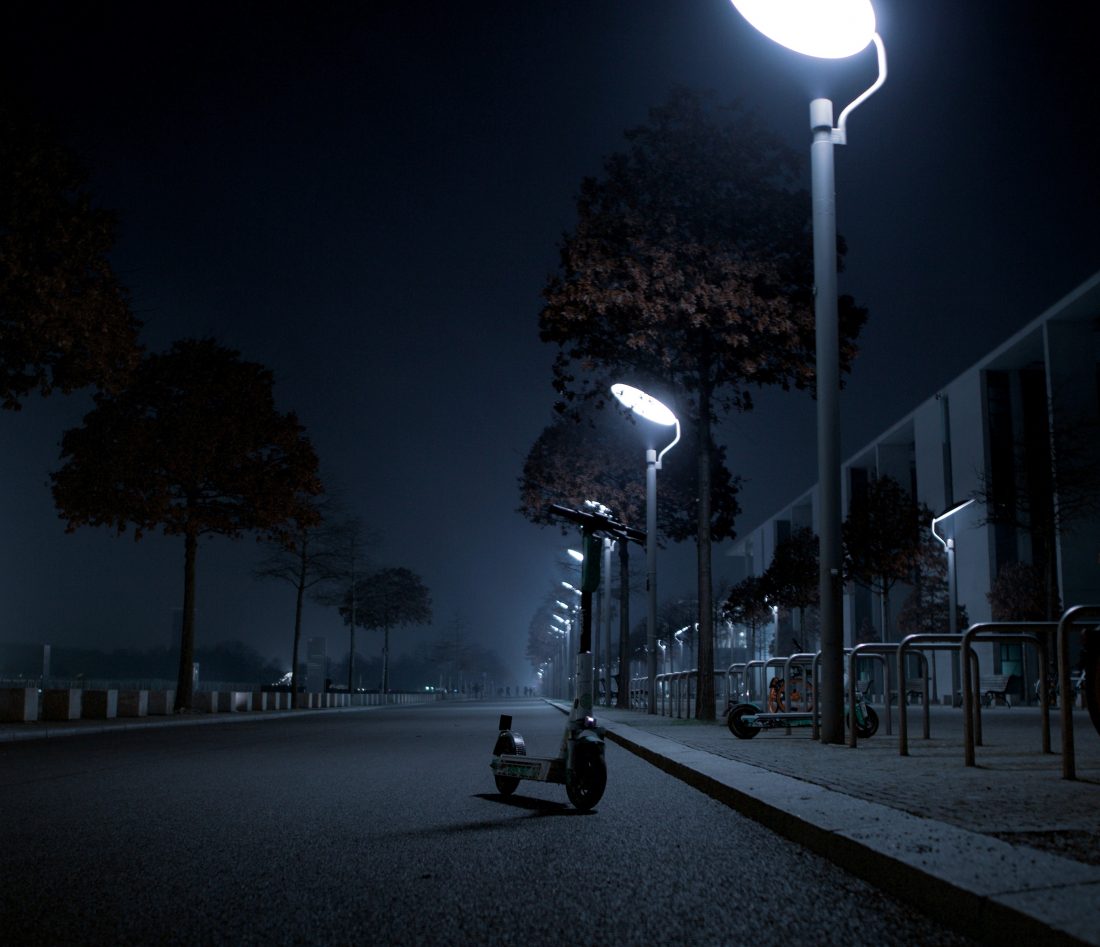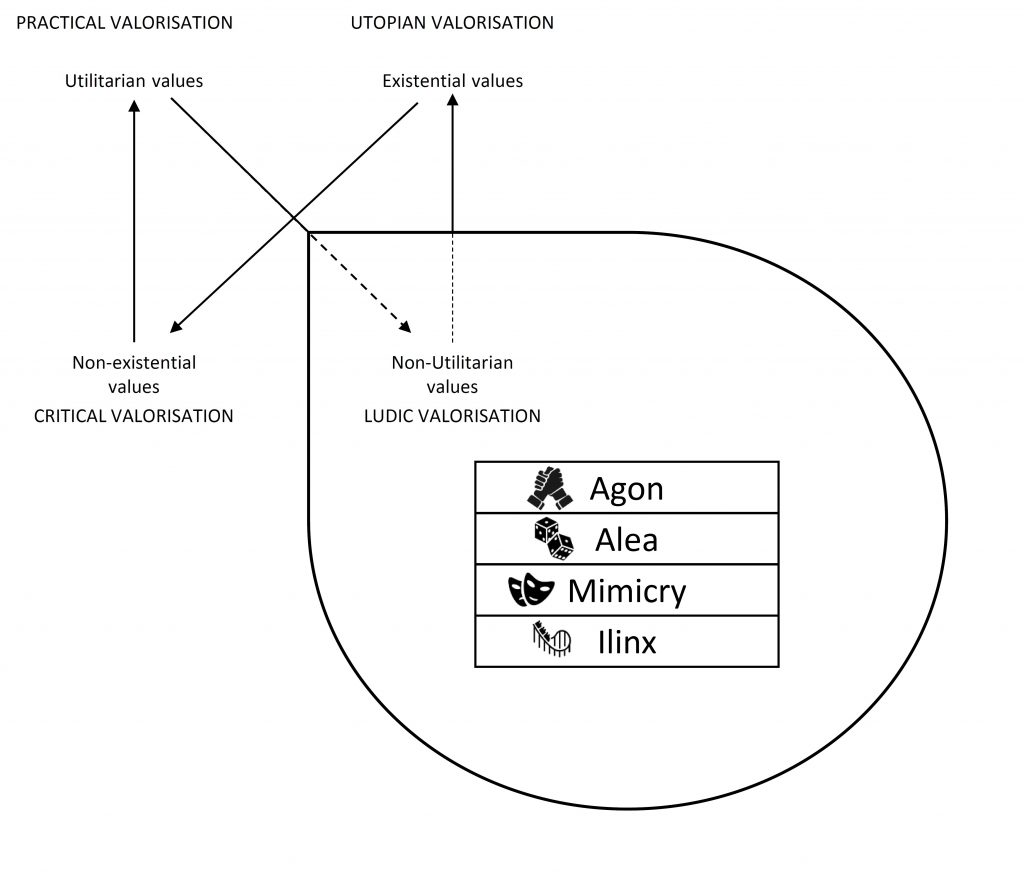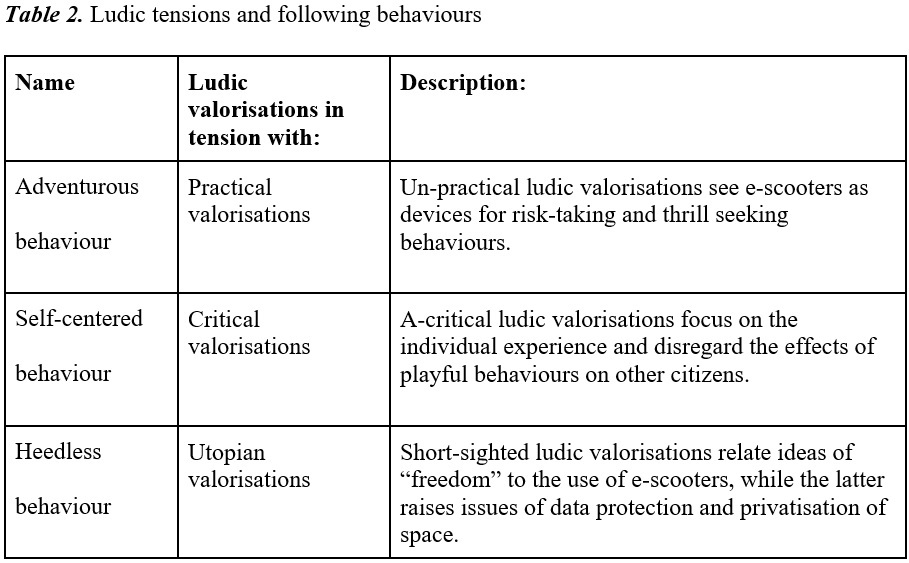
From rideshare e-scooters to wandering: Deploying gamification to explore urban mobility
Rideshare e-scooters, along with other various types of personal mobility devices, have rapidly become a common sight in many cities. They weave among pedestrians and traffic, allowing for a seemingly carefree and convenient way to move in the urban environment. They lay at the side of the streets, available to whoever might need them. Despite the utility and freedom of movement they afford, however, e-scooters have not been universally welcomed. Instead, they have gained substantial negative publicity in the media, which has focused on the injuries they caused, on accessibility issues and on the lagging regulation that the rapid and unilateral introduction of these devices has entailed.
In a recent article, Wallius, Thibault, Apperley and Hamari demonstrate how perspectives rooted in gamification and playfulness can help to understand and map the perceptions, practices and discourses around e-scooters – as well as around many other forms of mobility taking place in urban environments.
The authors develop a model of playful urban mobility, which aids in making sense of the relationships between play and mobility in the contemporary city. The model employs Floch’s model of valorisations to highlight the rhetorical and discoursive processes behind different forms of mobility. In particular, they focus on playful valorisations which they further articulate with the help of Caillois’ four forms of play (chance, competition, simulation, vertigo) to illustrate how play is valued in everyday mundane mobility, and is able to bring together a wide range of seemingly diverse practices, ranging from skateboarding to playing Pokémon GO.

In the second part of the article, the authors apply this model to explore the tensions that arise around the uses and discourses of the rideshare e-scooter. The analysis pinpoints different behaviors which, while following the ludic valorization of the e-scooter, conflict with practical, critical and utopian values, often increasing risks of harm for the users and other citizens. These “ludic tensions” can aid in mapping and explaining the possible concerns around e-scooters, as well as widespread ignorance towards them, whether related to safety, accessibility, data protection or privatisation of urban spaces.

Gamifying the city: E-scooters and the critical tensions of playful urban mobility
Thomas Apperley
Reference: Eetu Wallius, Mattia Thibault, Thomas Apperley & Juho Hamari (2021) Gamifying the city: E-scooters and the critical tensions of playful urban mobility, Mobilities, DOI: 10.1080/17450101.2021.1985382
See the paper for full details:
Abstract
This article builds on previous scholarships on urban play, playable cities, and gamification by focusing on the contemporary relationship between play and mobility in cities. The article applies Floch’s semiotic square of valorisations to urban mobility by examining the values that are employed to make sense of movement through the city. The model is developed through Caillois’ forms of play: chance, competition, simulation, and vertigo. The model of playful urban mobility is contextualized in relation to historic and contemporary forms of playful urban activity to illustrate the multiple ways in which play is valorised within mundane, everyday practices of urban mobility. The tensions between playful and practical consequences of these different valorisations of play are located and expanded through a case study of the uptake of the e-scooter drawing on news coverage and promotional materials. The case of the e-scooter illustrates how playful urban mobility marks new connections between civic concerns of data security, physical safety, inclusivity, and urban sustainability, in the field of mobility. The key contribution of this article is an applied model of playful urban mobility which uses the e-scooter to illustrate the potential critical tensions that characterise playful and gamified forms of mobility and transportation.




Sorry, the comment form is closed at this time.